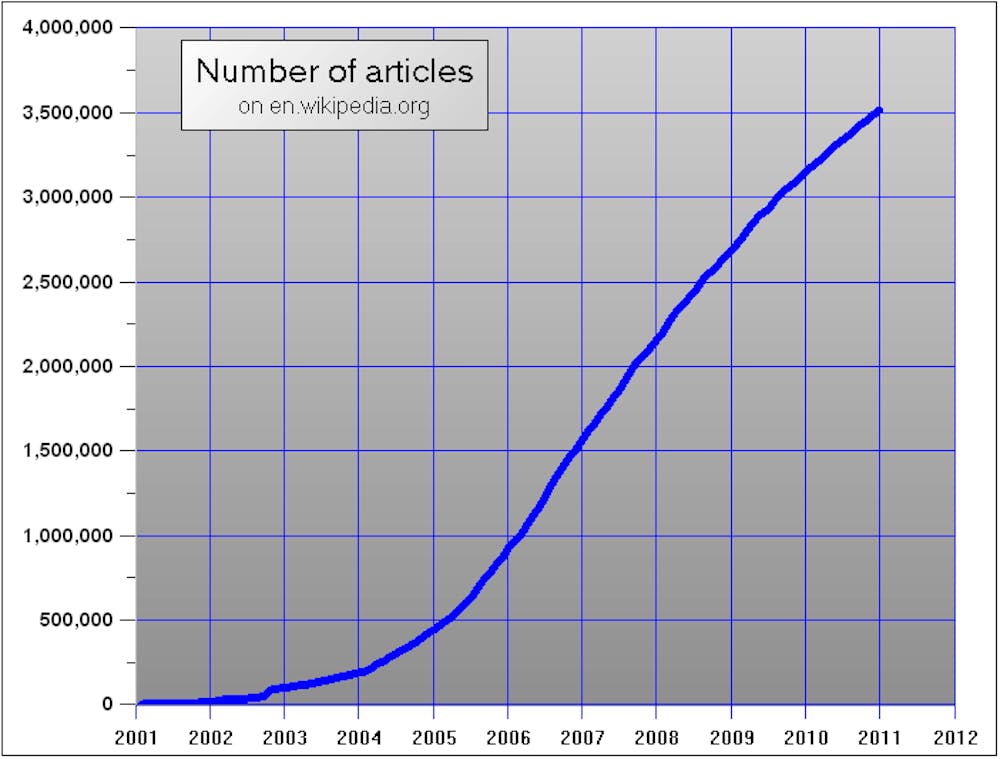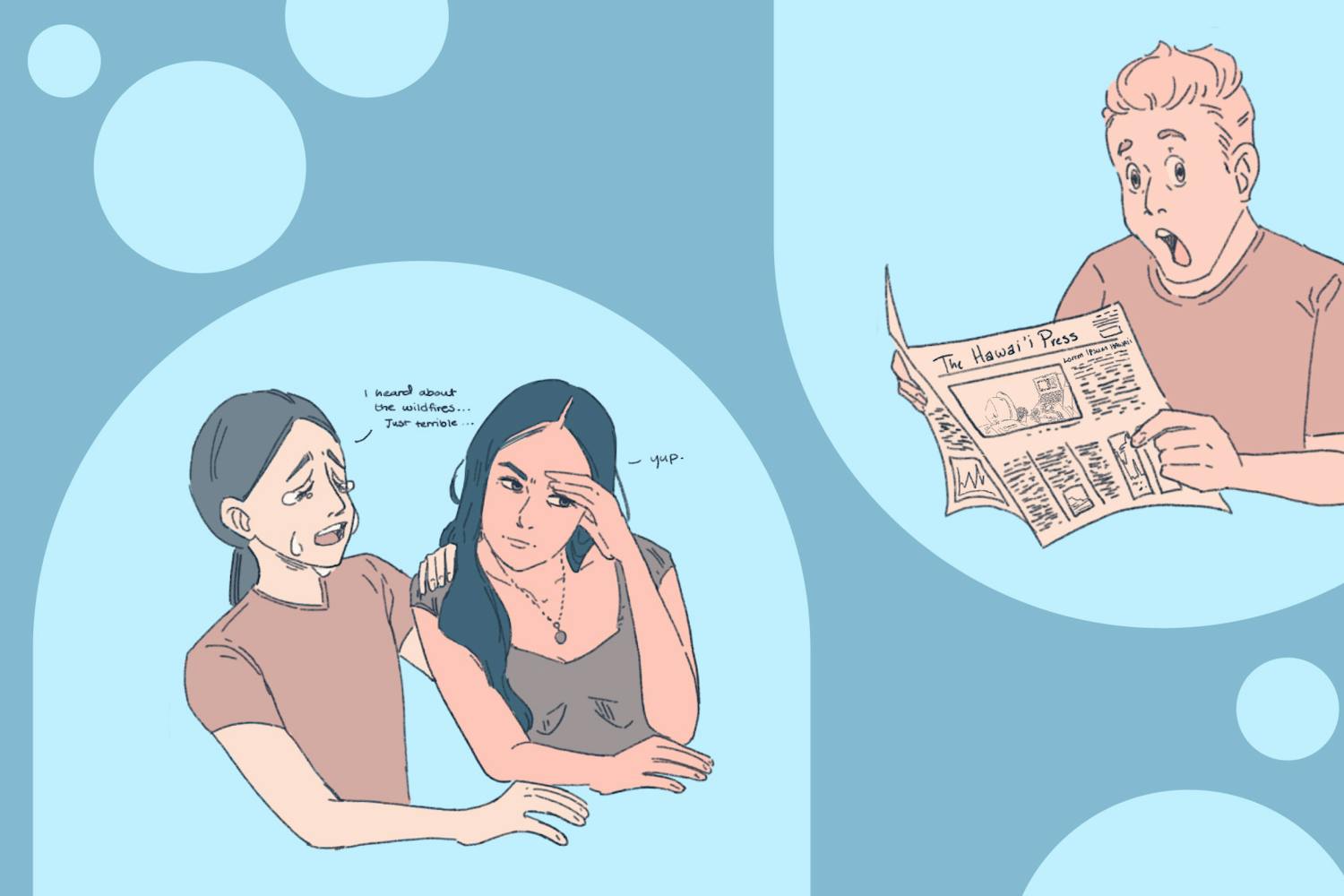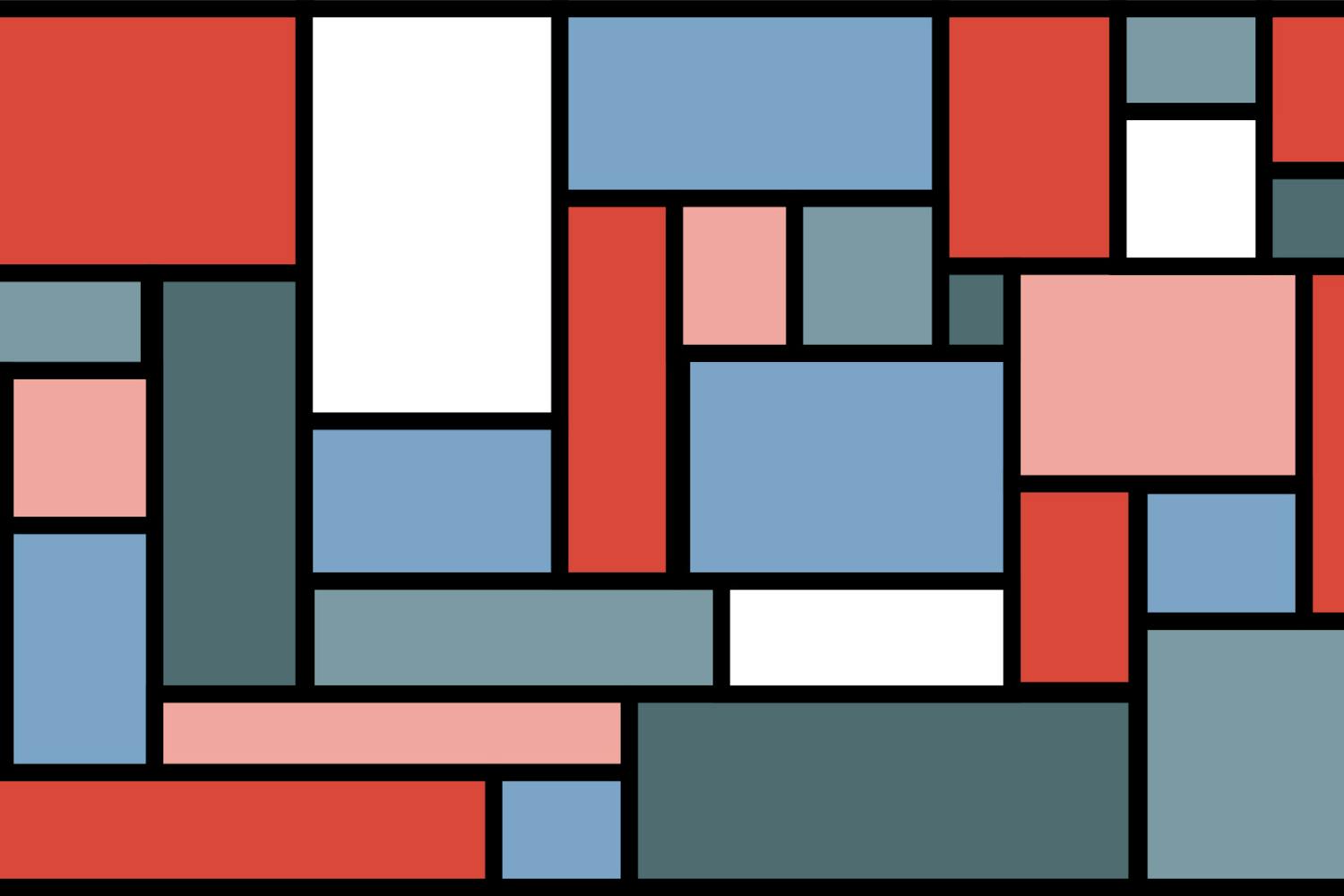“Wikipedia is the best thing ever. Anyone in the world can write anything they want about any subject, so you know the best possible information.” - Michael Scott, "The Office"
It is the bane of every stereotypical English teacher’s class and the savior of procrastinating undergrads. It is the most easily accessible body of human knowledge ever created and the progenitor of hoaxes that are disseminated around the web. I’m talking about Wikipedia.
Wikipedia just celebrated its 10-year anniversary this month so let’s take a look at the technology and history of the controversial encyclopedia that anyone can edit.
Jimmy Wales and Larry Sanger started Wikipedia as a side project to the peer-reviewed and quality-controlled Nupedia. Wales was originally one of the founders of Bomis.com, a male-oriented web ring that included categories about sports, women, and science fiction. Bomis provided the financial backing to host Nupedia and planned to earn revenue by posting ads on the site.
Nupedia was a free and copyleft licensed encyclopedia that required articles to go through an extensive editing process to make it onto the site. Larry Sanger was brought on as the paid editor-in-chief of Nupedia and worked with volunteer editors to create heavily vetted articles. Nupedia grew slower than expected, so Wikipedia was created to act as an incubator for talented editors while simultaneously providing content that could be refined into Nupedia articles. Wikipedia quickly outpaced Nupedia in terms of content creation and web traffic. Sanger eventually left his position as the only paid editor of Wikipedia in 2002 and went on to form Citizendium in 2006. Citizendium is a separate wiki-based encyclopedia whose goal was to be more accurate that Wikipedia.
Wikipedia is a wiki, which is a piece of editing software that allows users to create linked pages via a simple text editor. Wikis act as a lightweight and fast tool to help promote data management between a large group of people. Ward Cunningham designed the original wiki with his first operable one launching in 1996. Wikipeida runs on the free software MediaWiki and it is hosted by the WikiMedia Founation. The WikiMedia Foundation has no editorial role with the main goals being to promote Wikipedia and provide hosting services. If you want to try editing a wiki, take a gander at the Wikipedia sandbox tool which acts as a learning tool without consequences.
Wikipedia isn’t just about the information, it’s largely about the community of editors who discuss topics like validity, neutral tone in topics, and what constitutes original research. Controversial pages like abortion, George W. Bush, and Barack Obama have discussions that eclipse the actual article’s information. Taking a look at Wikipedia Task Forces, WikiProjects, and Portals, we can see the amount of organization and work that this community does just for the lulz.
My favorite example of the possibility to abuse Wikipedia is shown in The Colbert Show. In the clip, Colbert discusses the idea of Wikiality, “A reality where, if enough people agree with a notion, it becomes the truth.” Colbert then goes on to encourage his viewers to make edits to Wikipedia that say that the African elephant population has tripled in the last six months. The African elephant was eventually locked and reverted back to the original information, but the power of one group to create a focused attack on information is something that can’t be ignored.
Wikipedia started as a side project to the professionals but then quickly eclipsed them in quality and viewership. Wikipedia has its problems whether it’s trolls, misinformation, or a zealous love for Jimmy Wales, but in 10 years, a collaboration of people has come to create over 3.5 million English articles that rival Encyclopedia Britannica in terms of quality.
In Geekin' It's next post we are going to take a look at other wikis and interesting uses of wiki technologies in our first “Best of the Web” post!






